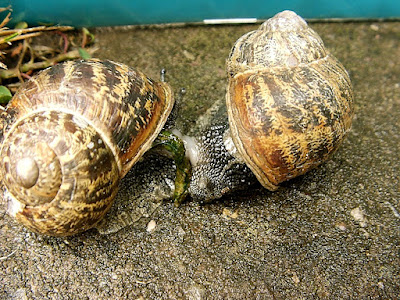This blog may help people explore some of the 'hidden' issues involved in certain media treatments of environmental and scientific issues. Using personal digital images, it's also intended to emphasise seasonal (and other) changes in natural history of the Swansea (South Wales) area. The material should help participants in field-based modules and people generally interested in the natural world. The views are wholly those of the author.
Sunday, 3 October 2021
The Natural History Game
Action sequences for David Attenborough's natural history BBC films are normally obtained by flying camera crews out over the world from Bristol-based Silverback Films. Attenborough's latest series, The Mating Game, was shot, however, at the time of the Covid19 pandemic, with its travel restrictions. Silverback Films have consequently been forced to use local crews that were on the spot (https://www.theguardian.com/environment/2021/oct/03/pandemic-forces-bbc-into-new-approach-for-david-attenboroughs-the-mating-game). The new approach appears to have worked very well. Talented cinematography is now more common. Being on the spot, also means that that local crews generally have intimate knowledge of the species selected on the script for filming. The mating behaviour of some of the designated species can also occur in a very restricted window of activity. Sometimes, the behaviour of other (perhaps relatively unknown) species in the same location, can be found to be appropriate to the series. 4G now means that the activities of the film crews, almost anywhere in the world, can be organised from Bristol. The makers of the series also claim that the current approach greatly reduces the carbon cost of travel (it is also likely to be cheaper). Using local film crews to make natural history films is expected to become more common. Reducing the carbon footprint, must also be important to David Attenborough himself. He is campaigning for actions on climate change and maintaining biodiversity. Adding greatly to the carbon emissions, would not be a good look.
Subscribe to:
Post Comments (Atom)
-
I n the UK and US, a pparently popular and successful vegan/vegetarian restaurants are reportedly closing or adding meat to their menus ( ...
-
Early ripening fruit may seem convenient but some folk think it confirms environmental stress. There's also a possibility th...


%20mating%20NWCW.jpg)


No comments:
Post a Comment